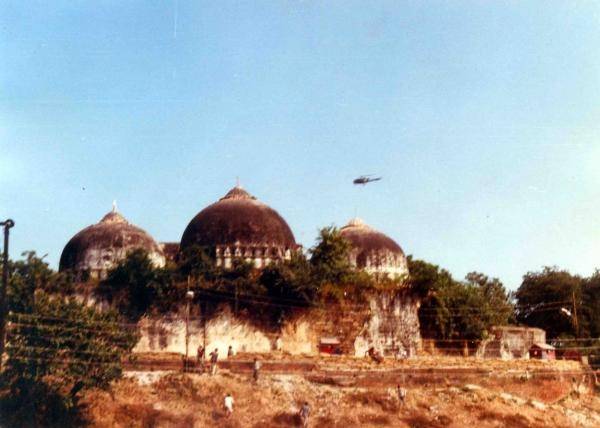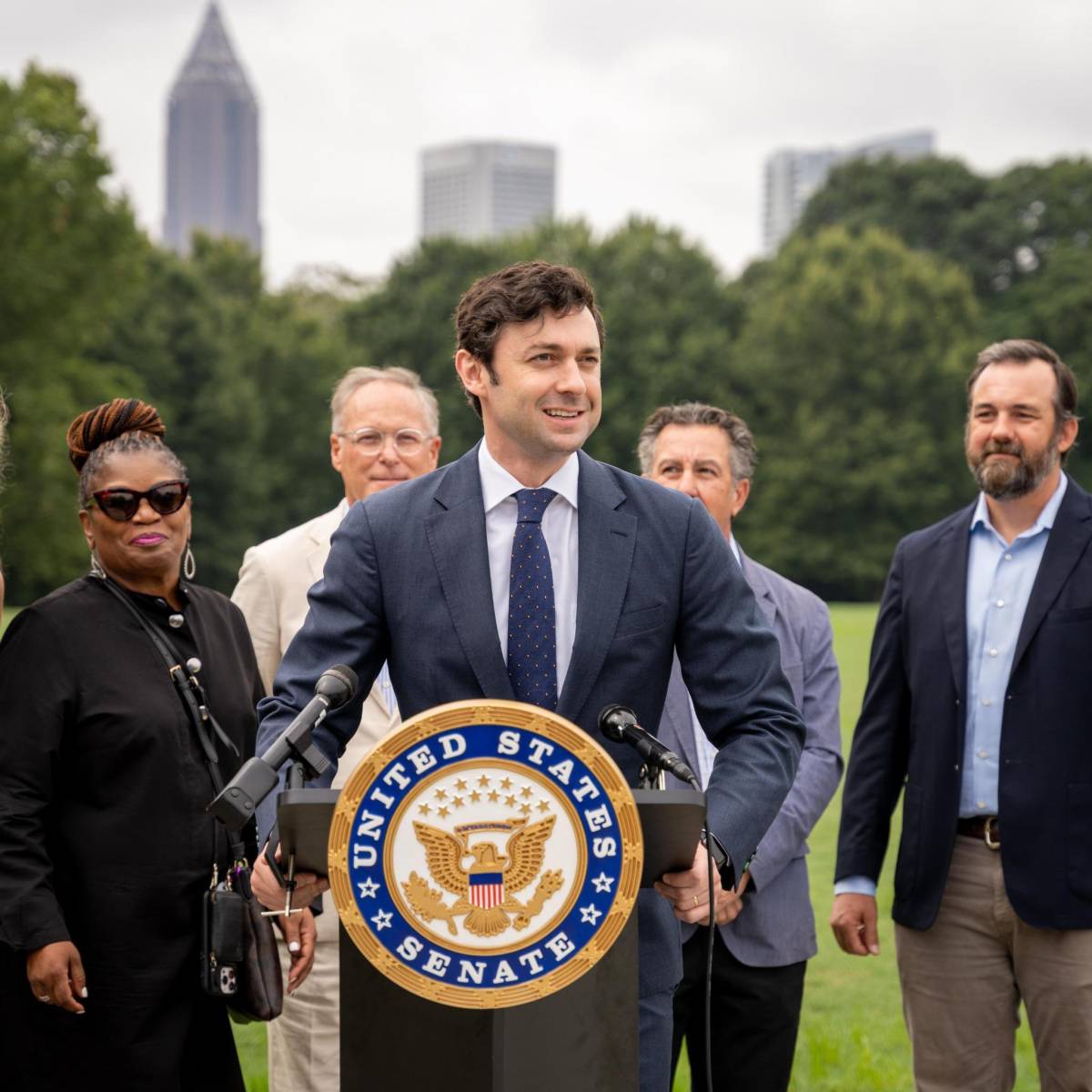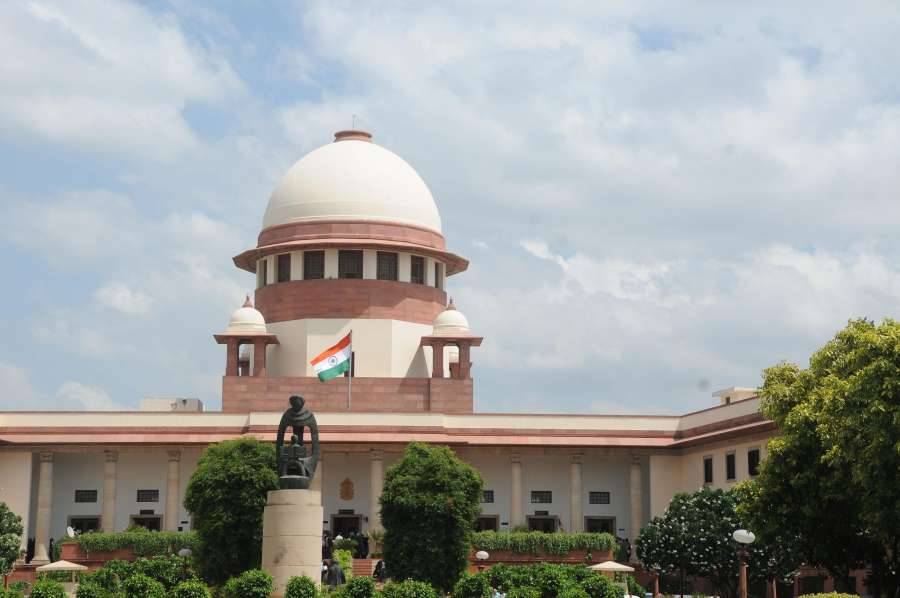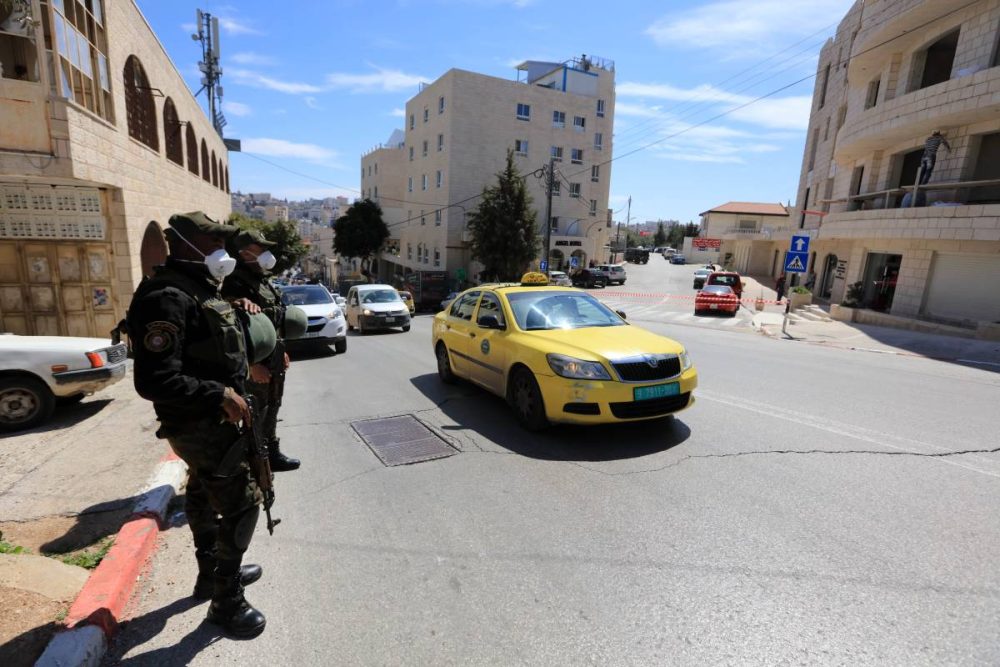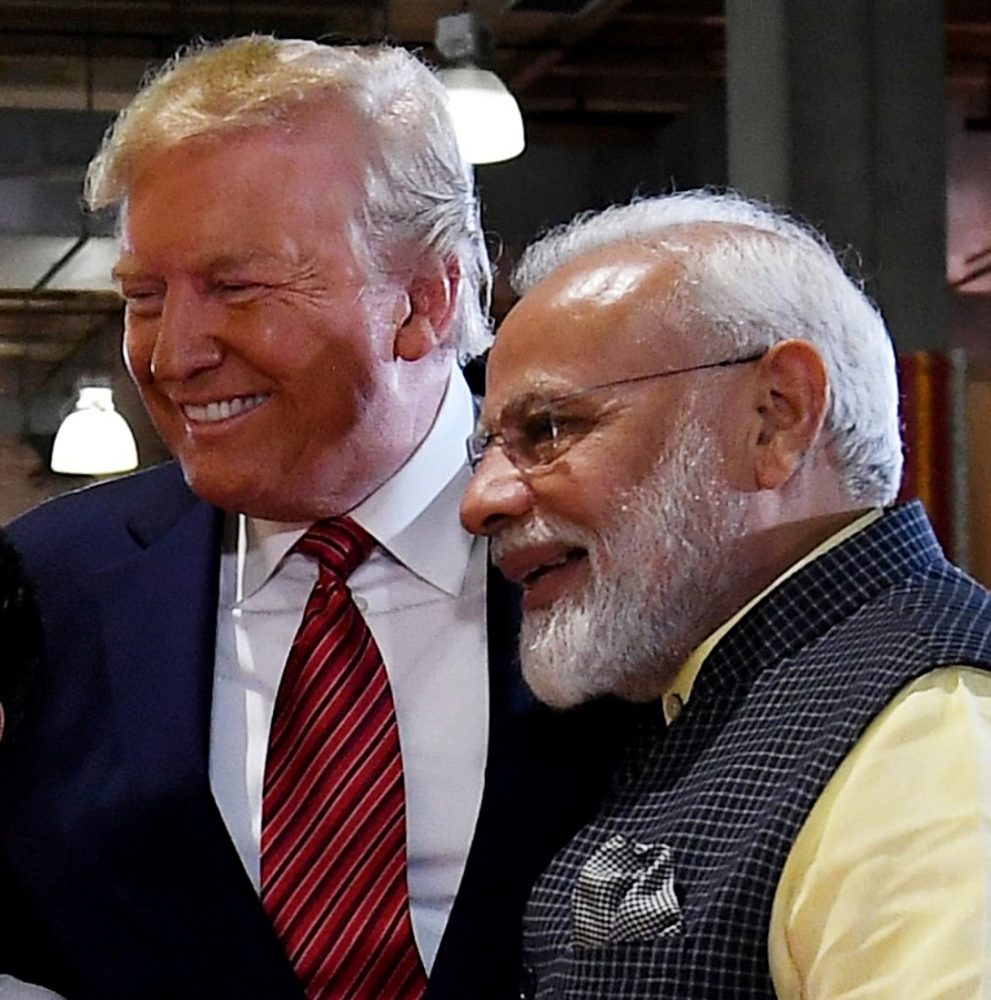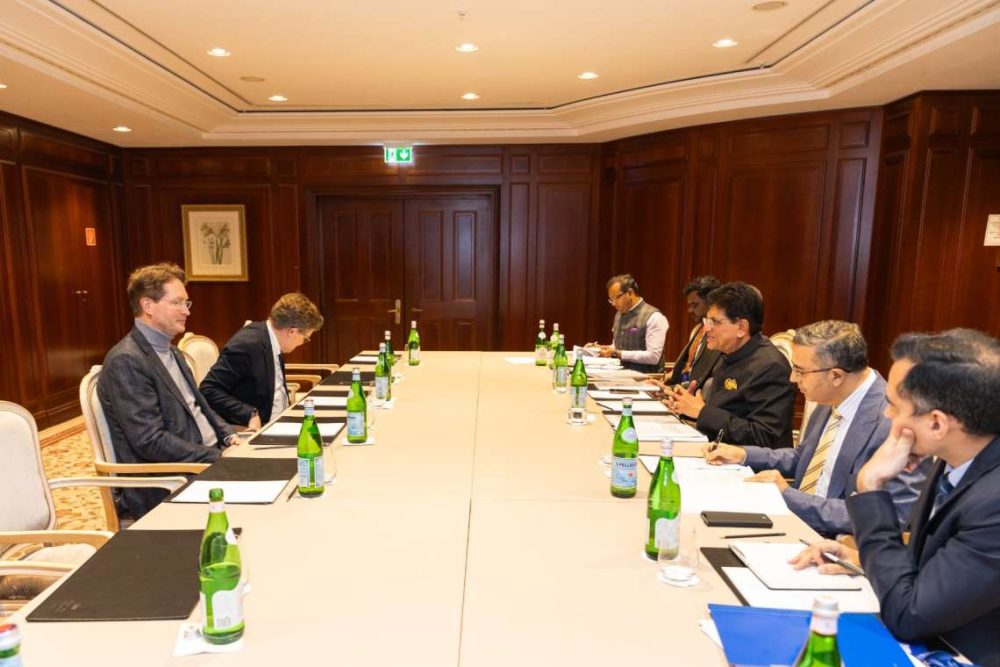Bhure’s counsel asked the court to substitute the petitioner with an amicus curiae, which was denied by the apex court…reports Asian Lite News
The Supreme Court on Tuesday closed contempt proceedings against the Uttar Pradesh government and others, including prominent BJP leaders, in the 1992 Babri Mosque demolition case.
A bench of Justices Sanjay Kishan Kaul, Abhay S. Oka, and Vikram Nath said there is a verdict delivered by a larger bench and nothing survives in this matter now. It said in view of the 2019 judgement in the Ayodhya case, the contempt no longer survived in the matter.
The bench added that there was no point in flogging a dead horse as it emphasised that a larger issue has already been decided by a five-judge bench and the petitioner has died, therefore the contempt petition against the respondents is closed.
The order has come as a relief for BJP leaders including Uma Bharti, Vinay Katiyar and others on a petition filed by Mohd Aslam alias Bhure, who died in 2010. In November 2019, a five-judge bench decided the title dispute in Ayodhya case in favour of the Hindu side for construction of Ram temple.
Bhure’s counsel asked the court to substitute the petitioner with an amicus curiae, which was denied by the apex court.

No Ganesh Chaturthi puja at Idgah Maidan
After hearing intense arguments, the Supreme Court on Tuesday told the Karnataka government to maintain the status quo at the Idgah Maidan in Bengaluru’s Chamarajpet, adding that Ganesh Chaturthi puja can be held somewhere else, instead.
A bench of Justices Indira Banerjee, Abhay S. Oka, and M.M. Sundresh said: “The writ petition is pending before the single bench of (Karnataka) High Court and has been fixed for hearing on September 23, 2022. All questions/issues may be agitated in the High Court. In the meanwhile, status quo, as of date, with regard to the land in question shall be maintained by both the parties. The special leave petitions are, accordingly, disposed of.”
The top court heard the matter for nearly two hours after routine working hours, as Chief Justice U.U. Lalit referred the case to a three-judge bench headed by Justice Banerjee.
The bench orally told Solicitor General Tushar Mehta, representing the Karnataka government, “You have the puja somewhere else. And go back to the high court.”
The Karnataka Waqf Board argued before the top court that such religious festivals have not been held at the place “for 200 years”. The petitions were filed by The Central Muslim Association of Karnataka and the Karnataka State Board of Auqaf against the Karnataka government and others.
At the root of the matter was a major question: who owns the ground, the state government or the Waqf Board? Mehta said the revenue officer said that this land continued to be of the ownership of the state government. Senior advocates Kapil Sibal and Dushyant Dave, representing the petitioners, opposed this submission.
Senior advocate Mukul Rohatgi, representing the state government along with Mehta, said it is an open 2 acre land and not a mosque, and if for two days Ganesh Chaturthi festival is celebrated, what would be the prejudice? Sibal said it is an idgah, not a mosque.
Dave said he wondered if any temple in the country ever allowed prayers from the minority religion on its premises. He added that under Section 3 of Places Of Worship Act, there is an absolute bar against conversion of use of religious land for any other religion and it was upheld by a 5-judge bench.
The petitioners further argued that no religious event from any other community has been held on the property in question, and it has been declared as waqf property as per the law. “Suddenly in 2022, they say that it’s disputed land, and they want to hold Ganesh Chaturthi festival,” said counsel.
The state government counsel submitted that no permanent structure will be built on the land and a government managed temple will hold the festival for two days, and the government will also take care of the law and order situation.


